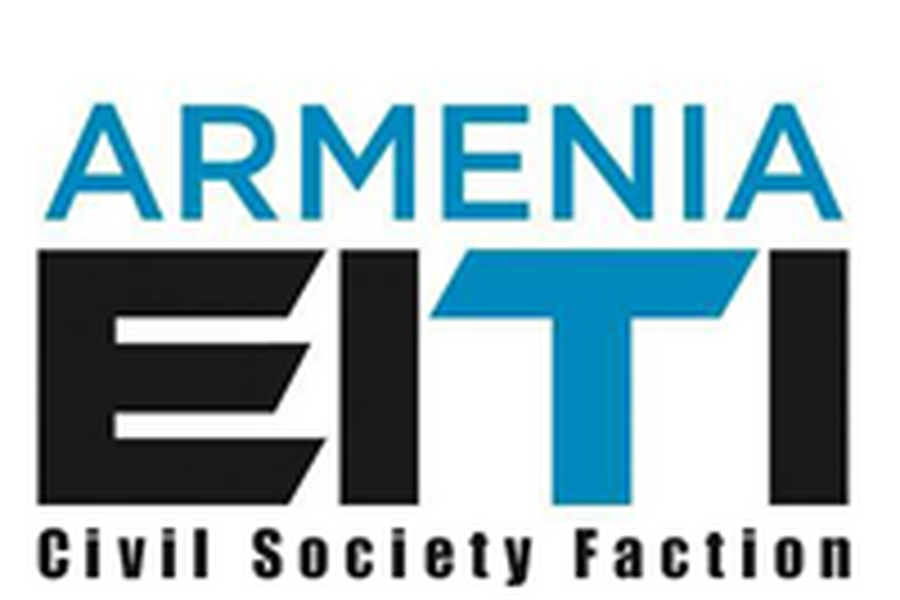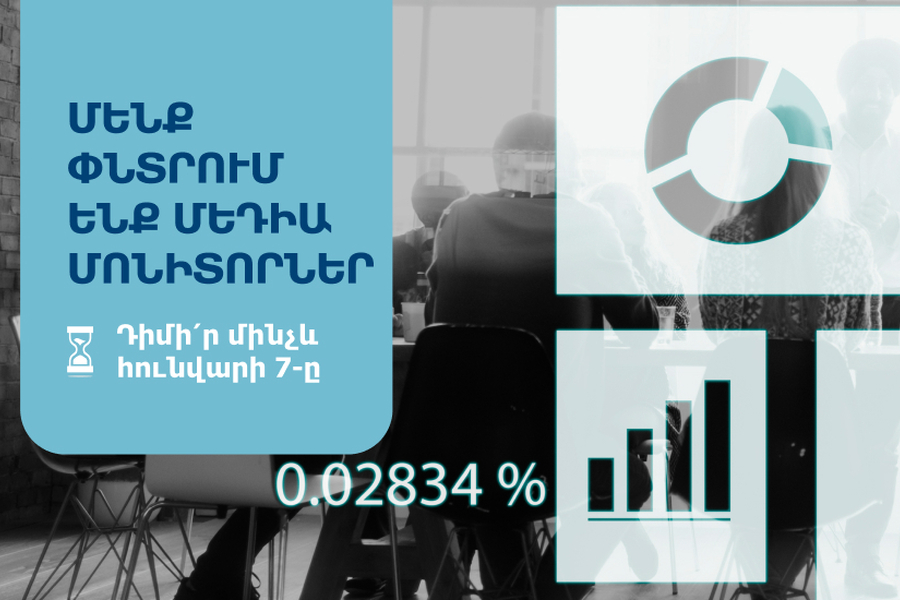Urgent Actions: joint statement by civil society organizations of Armenia
The 44-day war and our defeat in it brought our nation and the state to multiple crises – security and safety of the state and people in Armenia and NK, justice and human rights, humanitarian and trust crises. While we are adamant that we shall overcome them and move forward, we realize that we have limited resources to do so, and absolutely no time to waste.
Overcoming these multiple crises, each of which is a tough one, can only possible if we face them honestly and openly and act accountably, based on an understanding of responsibility for people’s problems based on human dignity.
This is particularly a painful realization now, when it has transpired clearly that all these crises could have been avoided if only there were enough honesty and courage on the part of our governments and leaders – past as well as present.
We hereby formulate the immediate problems that we see hampering our capacity to resolve the crises in a durable way – so that the people in Armenia and outside regain confidence in a state that aims to reinstate itself as an independent and democratic one, a state that is strong and effective enough to protect its citizens and guarantee their security, rights, and well-being in the long run.
1.The ceasefire is an absolute necessity and we welcome the efforts of all countries, in particular Russia to finally broker one. Now that the ceasefire has held, it is the responsibility of the Armenian authorities—the Government and the National Assembly, to achieve a final settlement agreement that has sufficiently effective and accountable mechanisms for ensuring peace and security. This agreement must specify the mechanisms for ensuring the rights of people that live in or will return to Artsakh and provide for mechanisms for redress of their rights if these rights are violated. This agreement must be internationally recognized and accountable to highest international scrutiny in line with international law. For that, the Government shall make necessary steps to bring in to the final peace talks the body that is delegated by the highest international authority, the UN, to negotiate the settlement. This is the Minsk Group of the OSCE, which has the mandate from the UN.
2.As a result of the aggression carried out by Azerbaijan with assistance from Turkey, tens of thousands of people have undergone violation of their rights – their life was threatened by unrelenting barrage of bombs and other munition, including those banned by international law. The sanctity of their homes, economies, and vital infrastructure was violated. Their health was in double jeopardy because of the raging COVID pandemic. Numerous violations of international humanitarian law and customary law were committed against our military personnel and civilians. Bodies were desecrated, and prisoners of war were tortured and humiliated in multiple ways. The Armenian Government shall articulate and adopt a plan on how they intend to pursue these violations so that the rights are restored where possible and perpetrators are brought to justice or other lawful accountability. To this end, the Armenian Government shall cooperate closely with international organizations for achieving the goals of international criminal justice in connection with facts of war crimes committed in the course of the hostilities. The Armenian Government must articulate what assistance they need form citizens, civil society, and the Armenian diaspora, and what international bodies are to be targeted.
3.We remain in the middle of a pandemic with thousands of people not only left without proper means of PPE, but proper living conditions and means. This is by no exaggeration a humanitarian crisis caused by and aggravated because of the actions of the aggressor. The government must engage the widest array of humanitarian agencies, including various international organizations, to collectively address the health and humanitarian crisis. To this end, the Government must urgently apply to all possible international and foreign institutions requesting any technical and humanitarian assistance that may be available, engaging in various efforts and negotiations.
4.Once high public trust in the Government is now severely undermined by its obvious deficit of initiative and leadership, its lack of accountability, and its inability to govern effectively. Given these crises and the low level of public trust in all the existing political forces under these circumstances, there is no time and opportunity for a proper political transition through elections. The current government is reasonably responsible for starting such a process, announcing at the outset a preparatory plan for getting to the elections, which will include a timeframe, revisions and amendments in the legislation and legal rules, and provisions for building the widest possible public trust in such a political process with a view to safeguarding free and fair elections.
5.Taking into consideration the painful lessons of this and preceding wars, the authorities are obliged to urgently initiate a process of developing strategies and policies for achieving self-sufficiency, security, and development in vital spheres of activities in the country such as demography, science, education, industry, the military, food, energy, civil defense and infrastructures. To maximize the effectiveness of developing and articulating such strategies and policies, the authorities must engage the widest circles of professionals and talent.
26.11.2020
Helsinki Citizens' Assembly-Vanadzor
Transparency International Anticorruption Center
Analytical Centre on Globalization and Regional Cooperation
Journalists' Club "Asparez"
Law Development and Protection Foundation
Public Journalism Club
For Equal Rights NGO
Armenian Progressive Youth NGO
Real World, Real People NGO
Peace Dialogue NGO
Journalists For Human Rights NGO
Centre for Community Mobilization and Support








